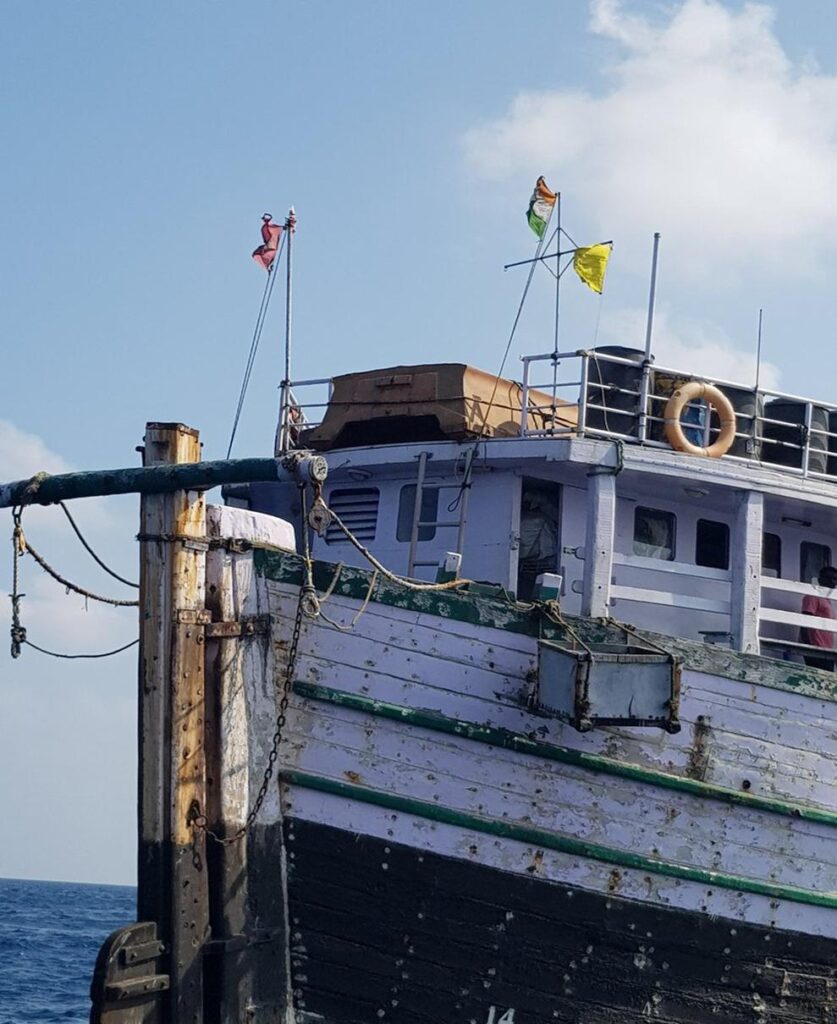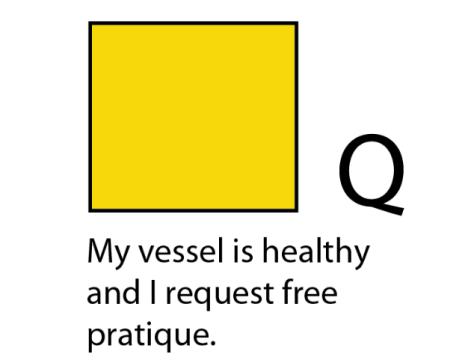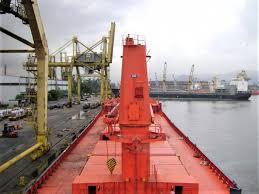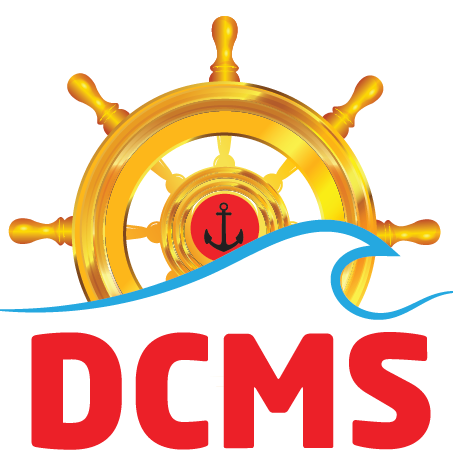
Human beings are one of the most common vectors of infectious diseases, who accelerate the spread through worldwide travel. For this reason, many diseases are easily spread from a localized region to several countries around the world. Have you ever stopped to evaluate the rationale behind the governments of different countries decision to refuse vessels permission to dock whenever there is a disease outbreak? You probably should! It’s for the protection of a country’s citizens wellbeing. This is where a Free Pratique comes in handy, and one should always be given to the necessary authorities prior to arrival of a vessel to give us some amount of assurance that the vessel is suitable for docking. If this is your first time hearing this terminology, a Free Pratique is the permission given to a ship to enter port on assurance from the captain to convince the authorities that ‘she’ is free from contagious or communicable disease. Just to reiterate, Free Pratique is crucial within the maritime industry in protecting our borders from contagious diseases.

In order for free pratique to be granted, the vessel must meet the requisite health standards upon inspection by the port health officer, teamed with other health officials. It is mandatory that all vessels fly the “Q” flag upon entry until free pratique is granted, after which, the vessel is permitted to dock and crew is allowed to disembark. Parties that are in breach of this mandate is liable to be fined up the five thousand dollars (US $5000). The Q flag is a solid yellow square-shaped flag that also acts as an invitation for customs to inspect the vessel for contraband and dutiable merchandise.

Though it is a rare occurrence, free pratique is not always granted in ever event. Once the vessel is deemed to be in breach of health requirements, the vessel is quarantined. The movement of the occupants and good of the ship is restricted in an effort to prevent the spread of diseases or pests. These restrictions are done in compliance with the customs health regulations of the port to which the vessel should dock. Whenever there are cases when we have a widespread of contagious diseases, you will find that countries close their borders to foreigners, thus making vessel unable to dock. This is done to mitigate the risk of having people who are travelling from countries where there is an outbreak to spread a disease. This was done when Ebola was in full effect, and when the Coronavirus (Covid-19) was fairly new.
Had you not seen the importance of free pratique, you do now. Sometimes people get flustered Whenever there is a delay with their cargoes or the crew members are unable to dock, but there is always a valid reason; it is for the protection of everyone in a country. It simply means the vessel has not met the health standard. It would be selfish of a person to visit areas where there is an outbreak, did not quarantine, but want to enter another soil- and might be infected without knowing. That would be unfortunate, since the shipping industry is one of the main contributor to a country’s economic growth. A spread of a disease can cause a serious lockdown. A lockdown is never good for a country’s economic stability.





